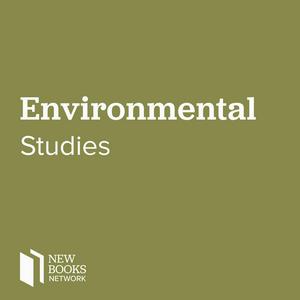The Dead Sea is a place of many contradictions. Hot springs around the lake are famed for their healing properties, though its own waters are deadly to most lifeforms—even so, civilizations have built ancient cities and hilltop fortresses around its shores for centuries. The protagonists in its story are not only Jews and Arabs, but also Greeks, Nabataeans, Romans, Crusaders and Mamluks. Today it has become a tourist hotspot, but its drying basin is increasingly under threat.
In this panoramic account, Nir Arielli explores the history of the Dead Sea from the first Neolithic settlements to the present day. Moving through the ages, Arielli reveals the religious, economic, military, and scientific importance of the lake, which has been both a source of great wealth and a site of war. The Dead Sea weaves together a tapestry of the lake’s human stories—and amidst environmental degradation and renewed conflict, makes a powerful case for why it should be saved.
Roberto Mazza is currently a visiting scholar at the Buffett Institute for Global Affairs at Northwestern University. He is the host of the Jerusalem Unplugged Podcast and to discuss and propose a book for interview can be reached at
[email protected]. Blusky and IG: @robbyref
Learn more about your ad choices. Visit megaphone.fm/adchoices
Support our show by becoming a premium member! https://newbooksnetwork.supportingcast.fm/environmental-studies

